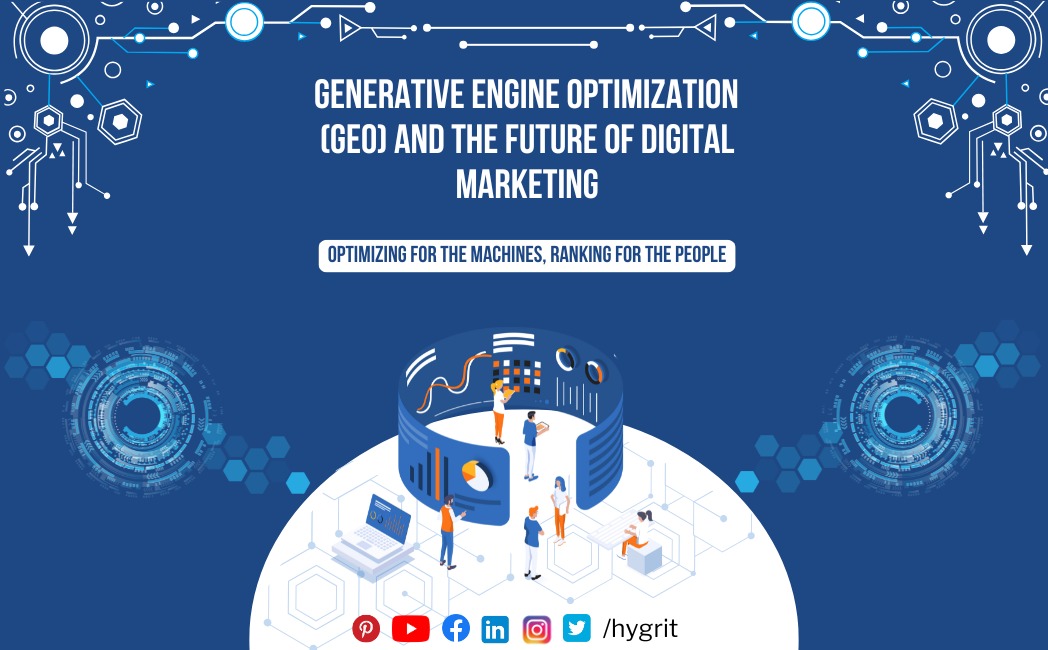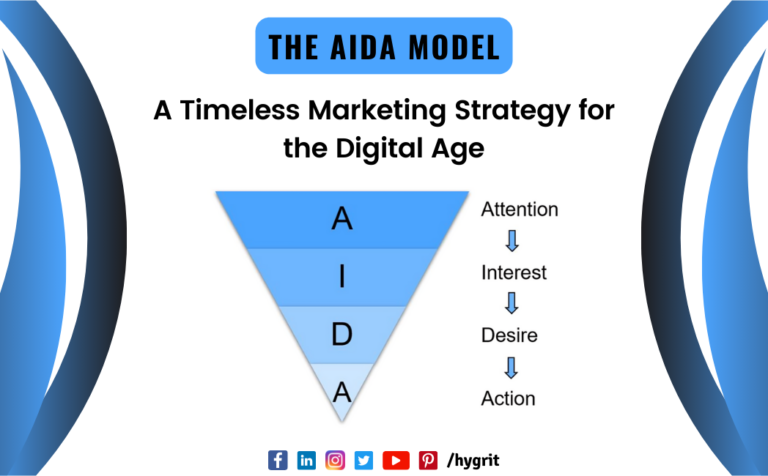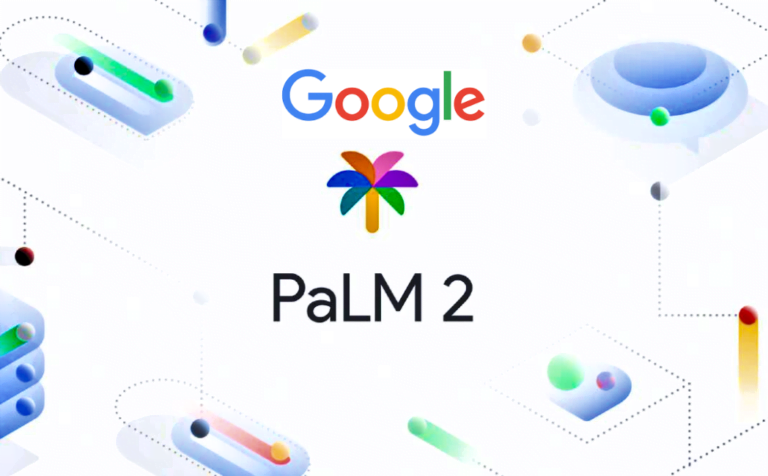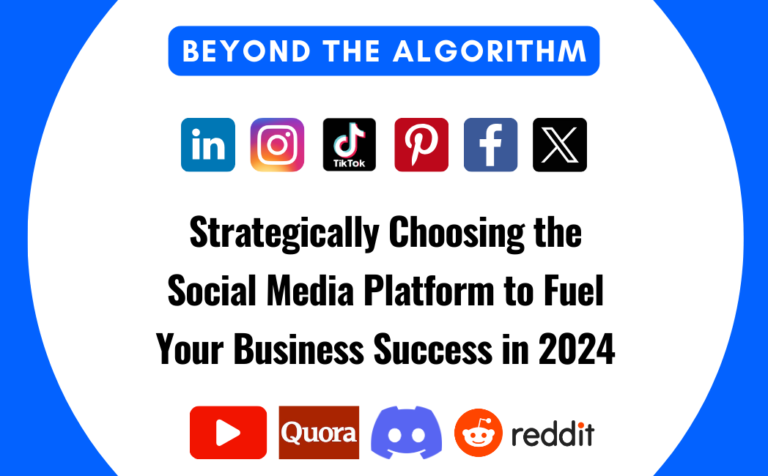Introduction
The digital marketing landscape is evolving faster than ever, and the next decade will be defined by one revolutionary shift: Generative Engine Optimization (GEO). With AI-powered search engines like Google’s SGE and OpenAI’s search capabilities redefining how people access information, marketers must look beyond traditional SEO.
GEO is not just a trend—it is the future of discoverability, visibility, and authority online. In this article, we explore how GEO in digital marketing will reshape strategies, content creation, and brand-building over the next 10 years.
What Is GEO and Why Does It Matter?
Generative Engine Optimization (GEO) is the practice of optimizing content so that it can be accurately and confidently cited by generative AI systems, like those used in Google’s SGE or Bing’s AI-generated answers. Unlike traditional SEO, which focuses on ranking in the top results of a search engine results page (SERP), GEO aims to get your content featured in AI-generated responses.
As users shift to conversational search and instant answers, GEO becomes a must-have strategy for digital marketers.
How GEO Will Reshape Digital Marketing in the Next 10 Years
1. Content Will Be Created for Machines First, Humans Second
Marketers will need to write content that’s clear, structured, and semantically rich, ensuring AI systems can easily interpret and cite it. Schema markup, data structuring, and factual accuracy will become core priorities.
GEO in digital marketing will prioritize high-value content that aligns with both AI training models and human search intent.
2. E-E-A-T Will Be the Foundation of Content Strategy
Google’s focus on Experience, Expertise, Authoritativeness, and Trustworthiness (E-E-A-T) is already critical, but under GEO, it will become non-negotiable. Brands that cannot prove their credibility and expertise through content will not make it into AI summaries or generative responses.
This means:
- Verified author bios
- Credible sources and citations
- Transparent brand identity
3. Long-Form Authority Content Will Rule
AI engines love detailed, multi-angle, well-cited information. Future marketers must create in-depth, evergreen content that educates, informs, and anticipates user questions. Think of your content as a training source for AI models.
Expect to see:
- Comprehensive guides
- AI-optimized pillar pages
- Insight-driven thought leadership articles
4. Search Intent Will Be Dynamic and Conversational
AI-powered engines interpret search intent differently, using context, previous queries, and behavioral patterns. This will require marketers to:
- Optimize for conversational queries
- Answer follow-up questions
- Create Q&A formats that mimic user-AI interactions
The future of GEO in digital marketing is less about ranking for a keyword and more about being selected as the best answer.
5. AI Optimization Tools Will Become Standard
Just like keyword research tools revolutionized SEO, GEO will rely on AI-focused platforms such as:
- SurferSEO for NLP optimization
- MarketMuse for content scoring
- ChatGPT & Gemini to simulate AI search behavior
Final Thoughts
GEO is not just an SEO tactic—it is a strategic shift that redefines how digital marketing will work in the AI era. The brands that win will be those that embrace E-E-A-T, optimize for AI models, and build trust through content.
🔹 Ready to Future-Proof Your Marketing?
Let Hygrit help you stay ahead with cutting-edge GEO strategies tailored to your brand.
📩 Contact us today for a custom digital growth plan!




